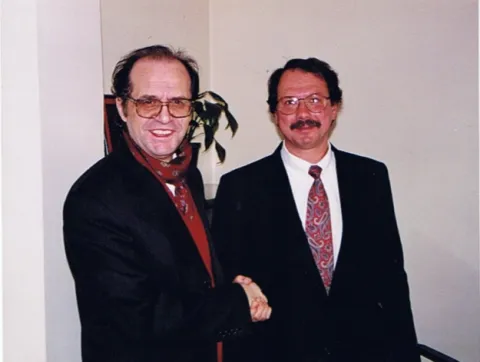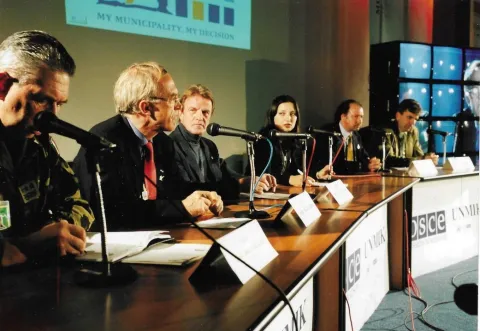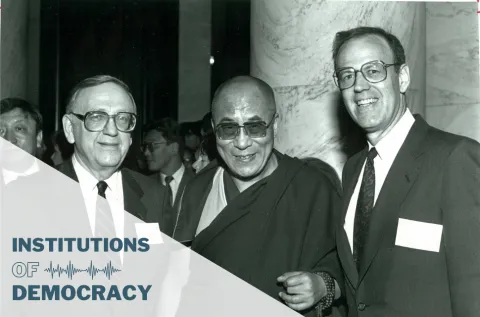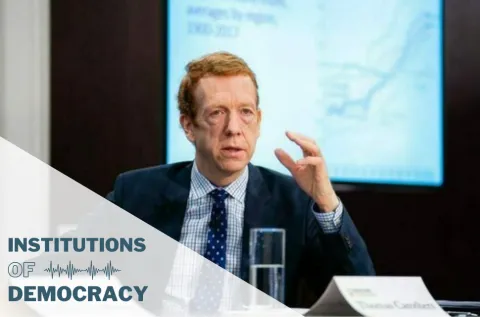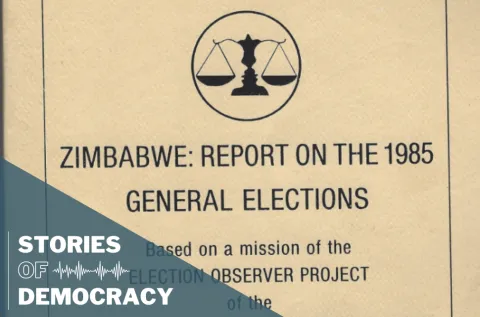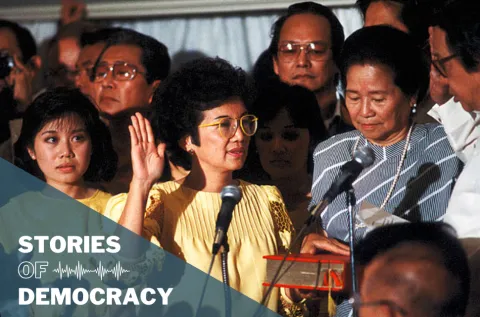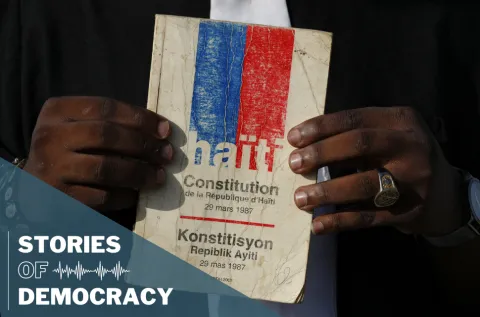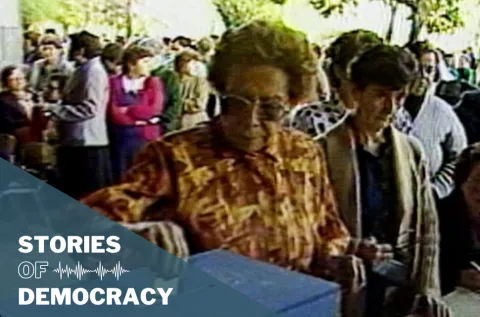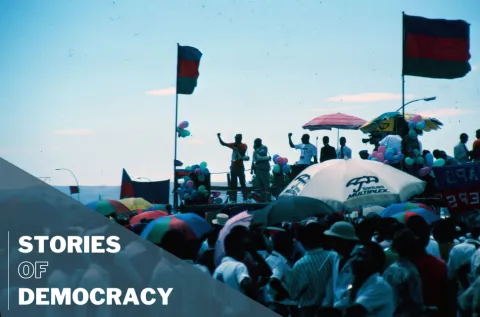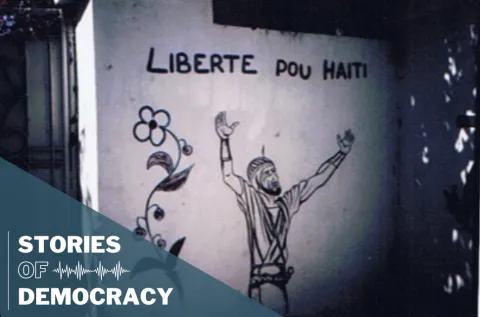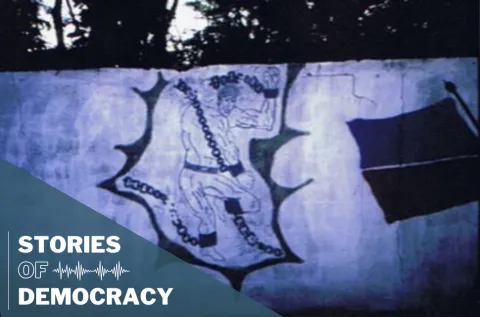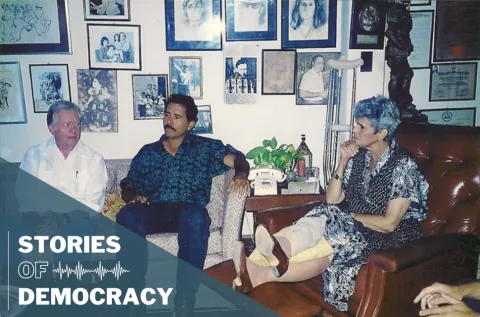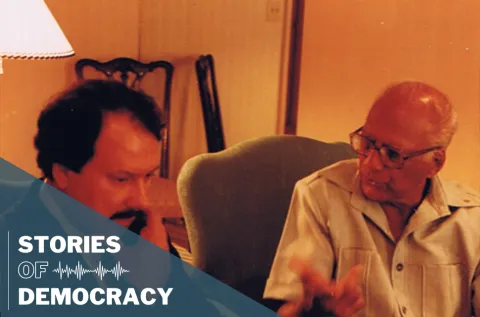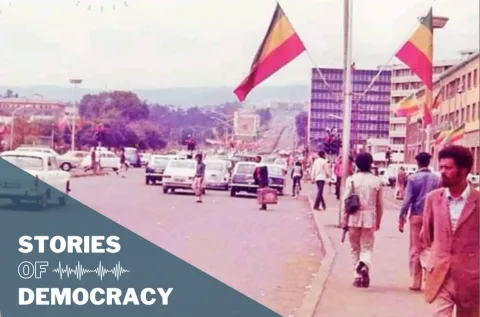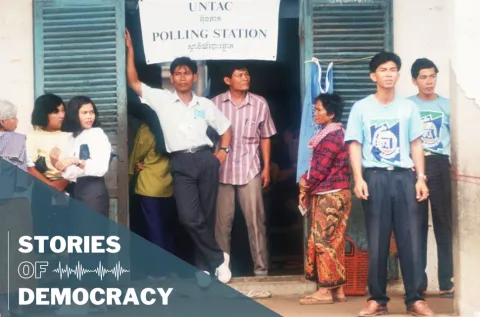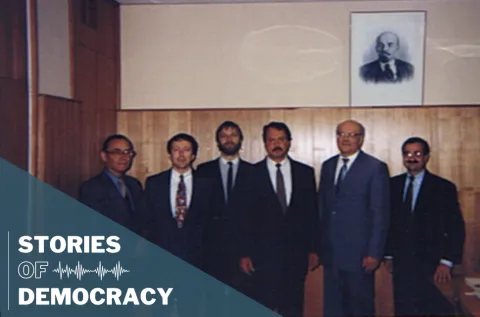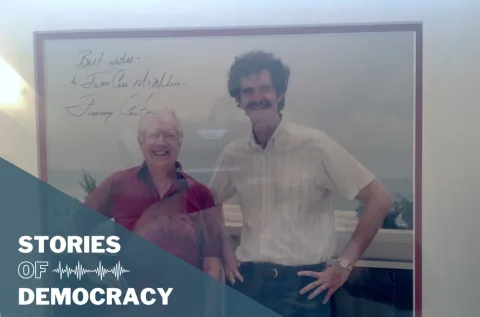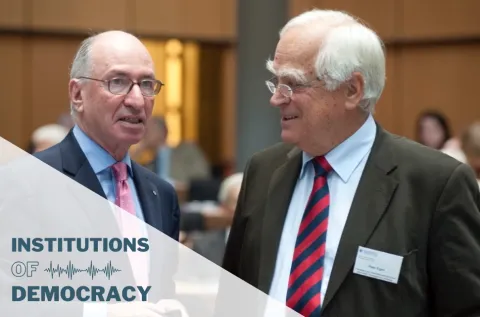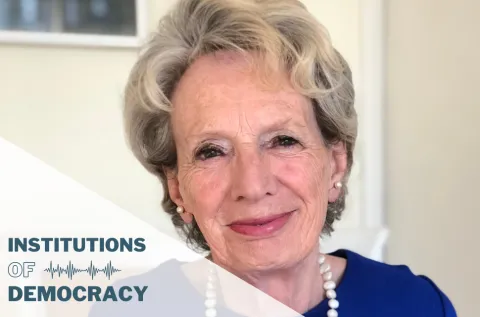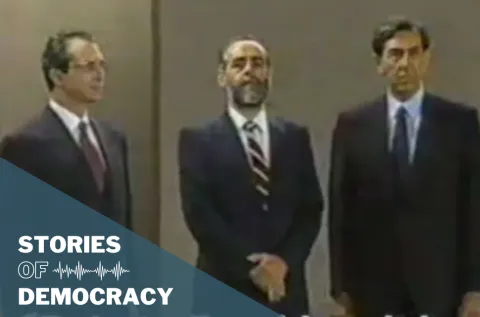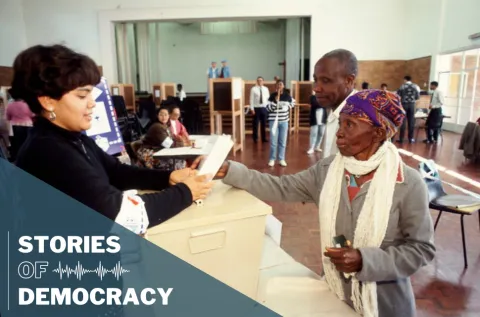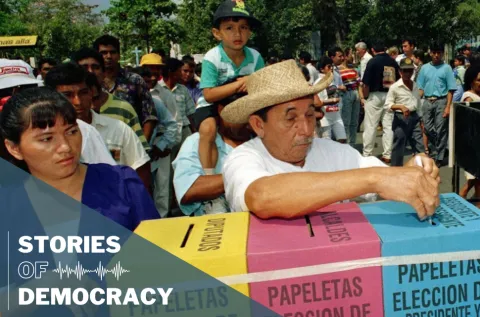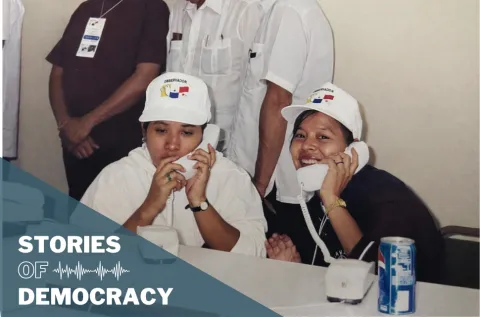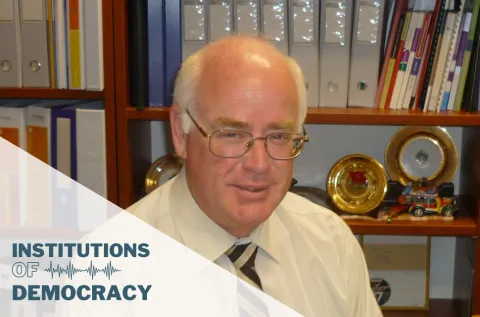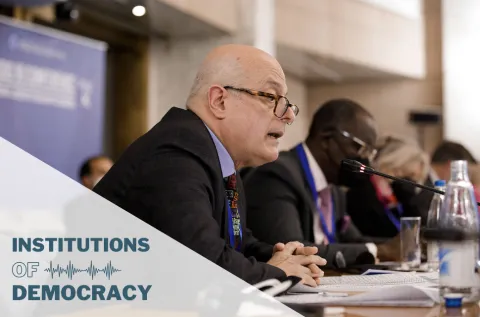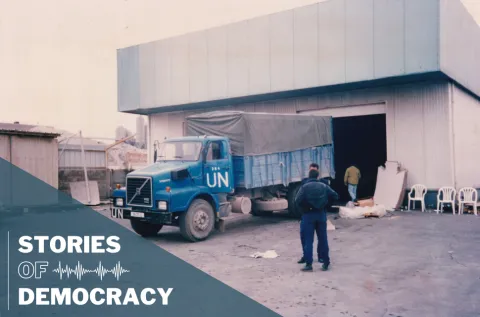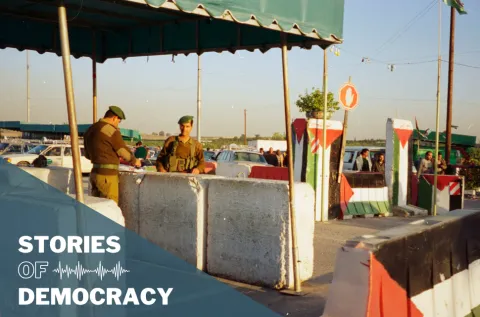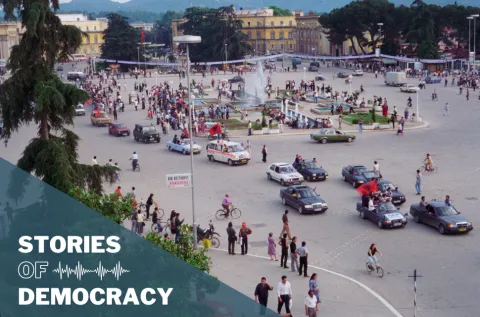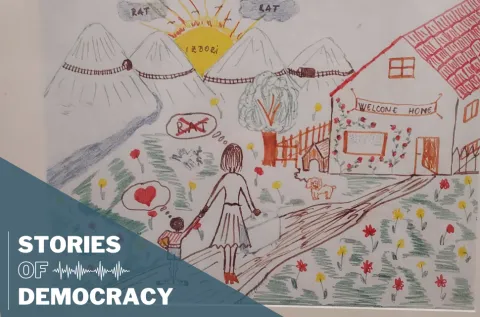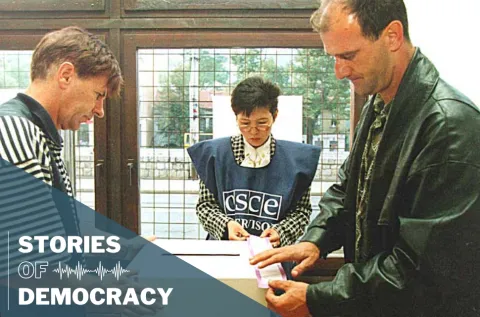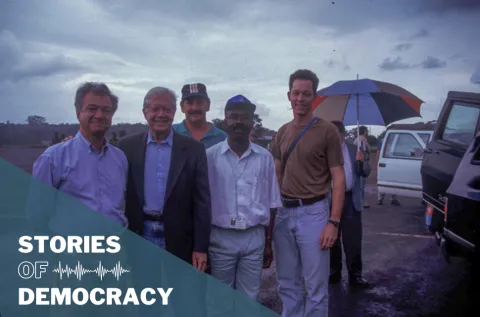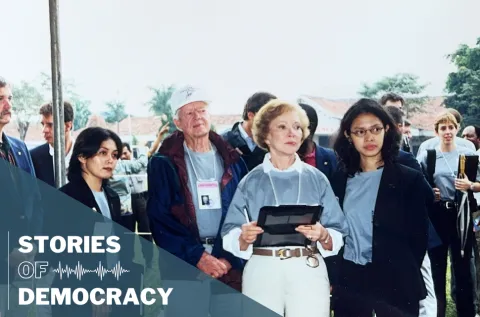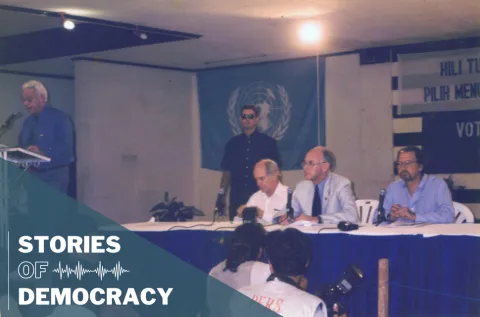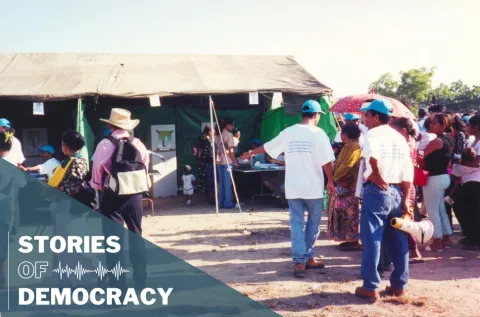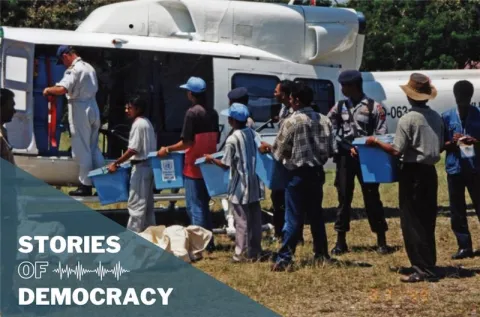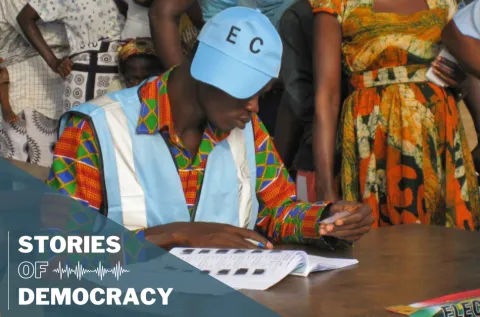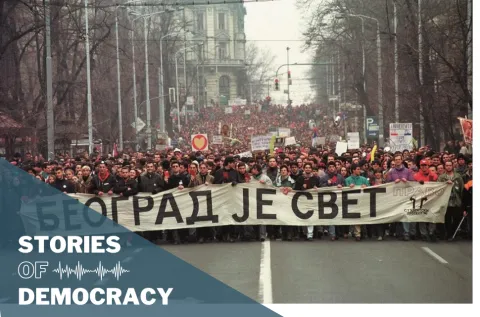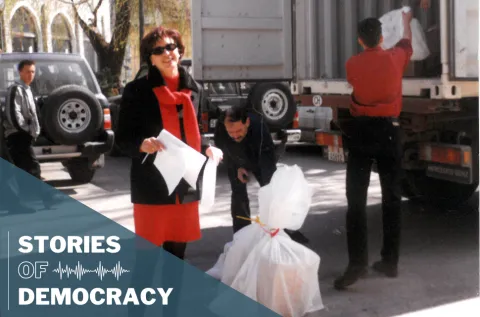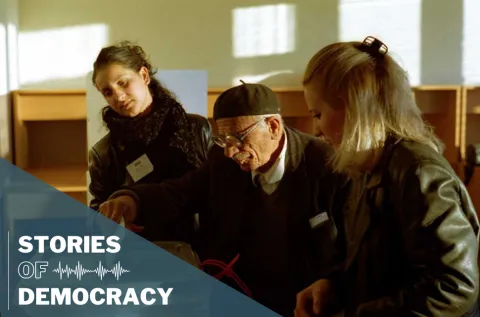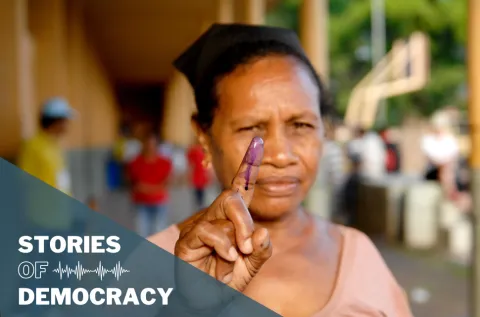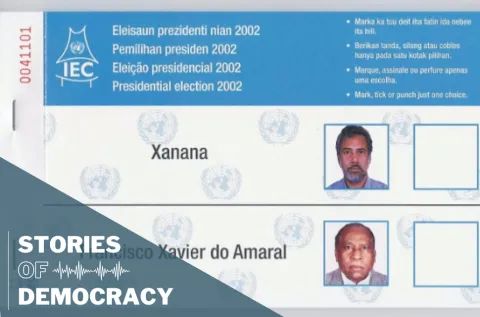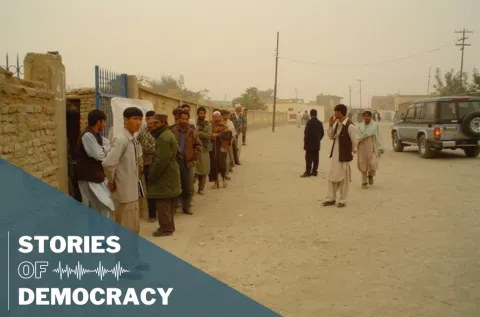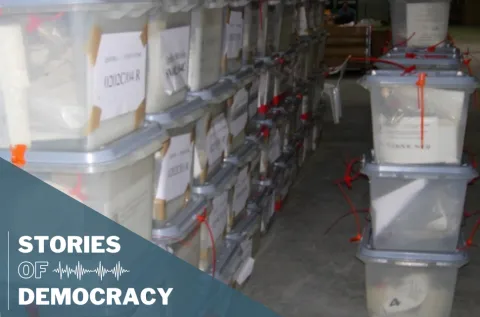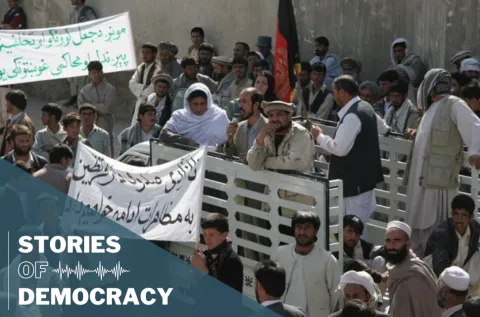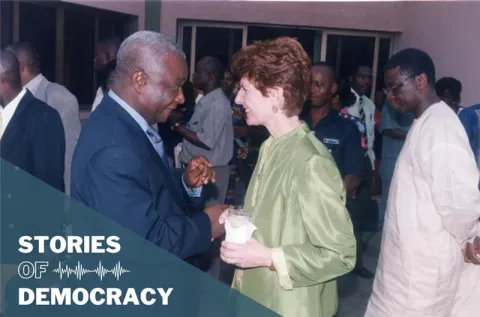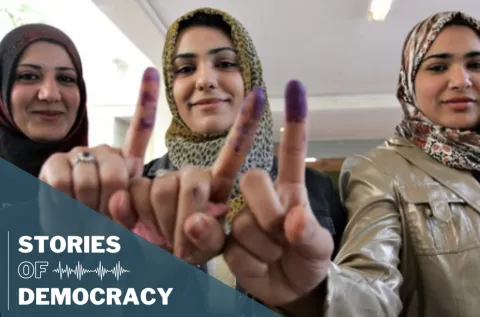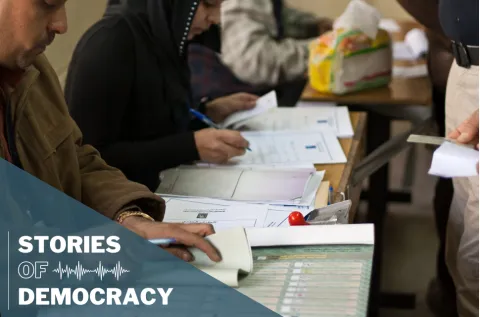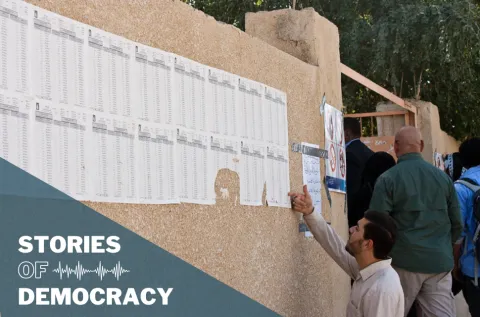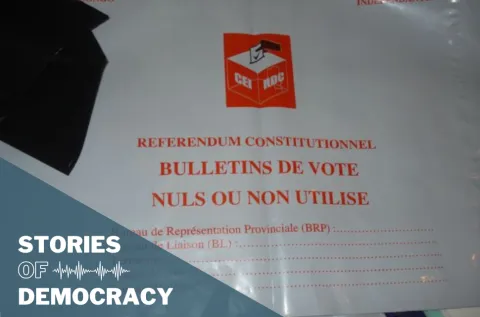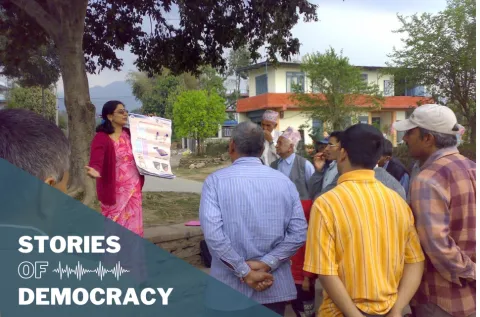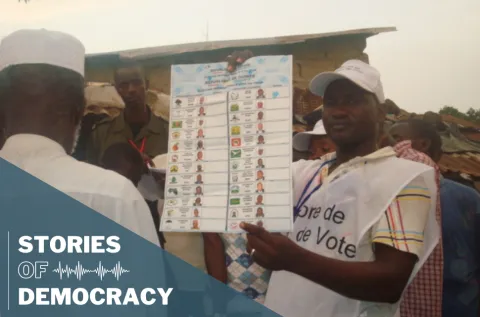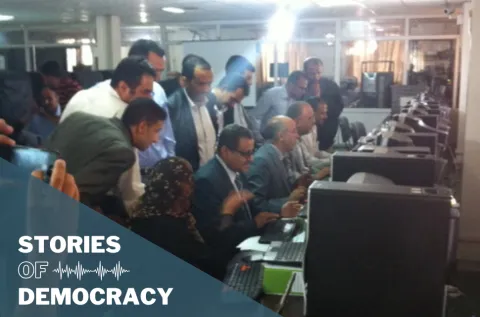Kosovo - 2000 - Municipal Elections
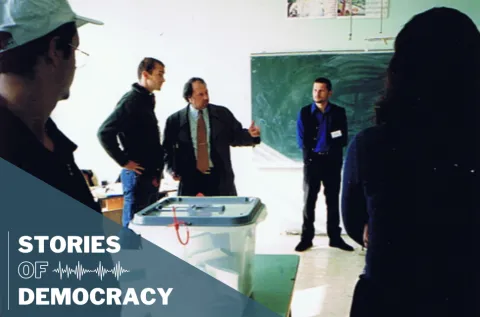
Jeff Fischer held a joint United Nations and Organization for Security and Cooperation in Europe appointment to serve as Director of Elections and head of the Joint Registration Task Force.
On October 28th 2000, municipal elections in Kosovo, marked the first of the transition of the province into a state. The elections were conducted under international supervision in partnership with Kosovars. The International Supervision Authority was established by a provision in 1999 UN Security Council Resolution 1244 on Kosovo – in which the UN would oversee the holding of elections. The Organization for Security and Co-operation in Europe (OSCE) was primarily responsible for overseeing the supervision of these elections, as few elections at this time possessed integrity-building components. A joint registration task force was established to conduct civil and voter registration as a single transaction for voters. They took an unprecedented effort to restore individual identity and prevent the disenfranchisement of those with documentation at the voting center – this included three support services, hard-copy document reconstruction service, electronic consolidation service, and the review and inquiry process. Identity documents were reassembled at the municipal level, and databases were checked for residential claims and profiles of groups for identity restoration requests to validate claims of voter identity and residence for voter and civil registration.
To include women’s participation, NGOs conducted several training sessions for women’s activists during the six weeks before the election, over 1000 women participated in these events. Among ethnic Albanians and minorities, there was enthusiasm for voter turnout, over 900,000 people 16 years of age or older registered to vote, however, the Serb community largely boycotted the election – leaving a significant gap in political participation – the boycott was in part due to the current president at the time Slobodan Milosevic who did not support Kosovo’s independence from Serbia. On election day over 1000 international supervisors and 11,000 Kosovars worked side by side to administer the elections, 6000 domestic monitors 200 elections monitors, and 300 accredited news agencies, voters came to the polls early and droves overwhelmed the election management, people had to wait a considerable time to be processed and cast their ballot – simply had not anticipated this early response.
In the recording above, you can hear Jeff himself speak about his experience as Director of Elections for the OSCE in Kosovo.
